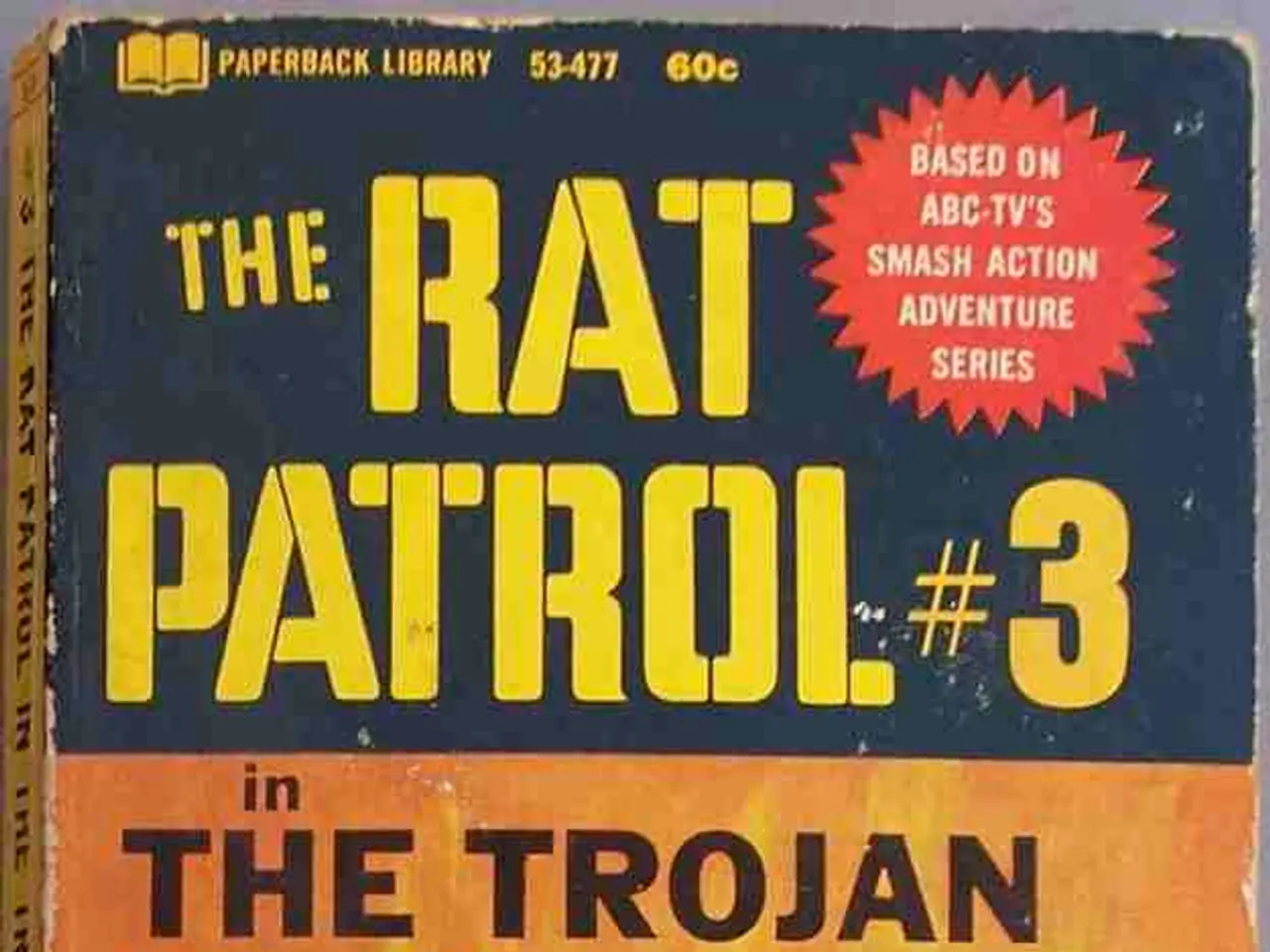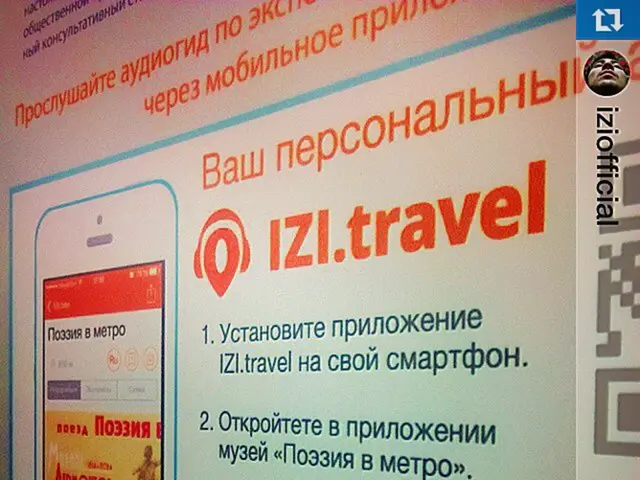Saudi Arabia and Pakistan forge a defense accord following Israel's assault on Qatar, bolstering nuclear support between the two nations.
In a significant geopolitical move, Crown Prince Mohammed bin Salman of Saudi Arabia and Prime Minister Shehbaz Sharif of Pakistan have signed a mutual defense pact. This agreement marks the first major defense decision by a Gulf Arab country since the Qatar attack. The pact, which was signed solely between Saudi Arabia and Pakistan, defines any attack on either nation as an attack on both. This agreement comes amidst escalating tensions in the region, particularly with regards to Iran's atomic program and Israel's recent strike on Qatar. The development of this pact is not a new phenomenon for Pakistan, which developed its nuclear weapons program in response to India's atomic bombs. However, Syed Muhammad Ali, an Islamabad-based security analyst, believes that Pakistan is capable of responding to Israel using conventional capabilities without the deterrent effect of atomic weapons. The United States did not respond to questions posed to the State Department regarding the new defense pact. Meanwhile, India's Foreign Ministry acknowledged the pact and stated they will study its implications for national security and regional stability. Zalmay Khalilzad, a former U.S. diplomat, expressed concern over the deal, citing Pakistan's nuclear capabilities that can potentially reach targets across the Middle East and the U.S. Pakistan and India have a long history of conflict, having fought multiple wars against each other. Tensions between the two nations reached a boiling point in April, with an attack on tourists in Indian-controlled Kashmir bringing the two countries close to open warfare. It is important to note that besides Pakistan, no other states are included in the new defense pact with Saudi Arabia. Saudi Arabia also maintains close ties with India, adding another layer of complexity to the regional dynamics. Neither Pakistan nor Saudi Arabia responded to questions from The Associated Press on Thursday regarding whether the pact extends to Islamabad's nuclear weapons arsenal. The Pakistan National Command Authority, which oversees the country's atomic weapons, has also remained silent on the matter. The signing of this mutual defense pact between Saudi Arabia and Pakistan is a significant development in the geopolitical landscape of the Middle East. As the region continues to grapple with various conflicts and tensions, the implications of this pact will undoubtedly be closely watched by nations around the world.
Read also:
- United States tariffs pose a threat to India, necessitating the recruitment of adept negotiators or strategists, similar to those who had influenced Trump's decisions.
- Weekly happenings in the German Federal Parliament (Bundestag)
- Southwest region's most popular posts, accompanied by an inquiry:
- Discussion between Putin and Trump in Alaska could potentially overshadow Ukraine's concerns






